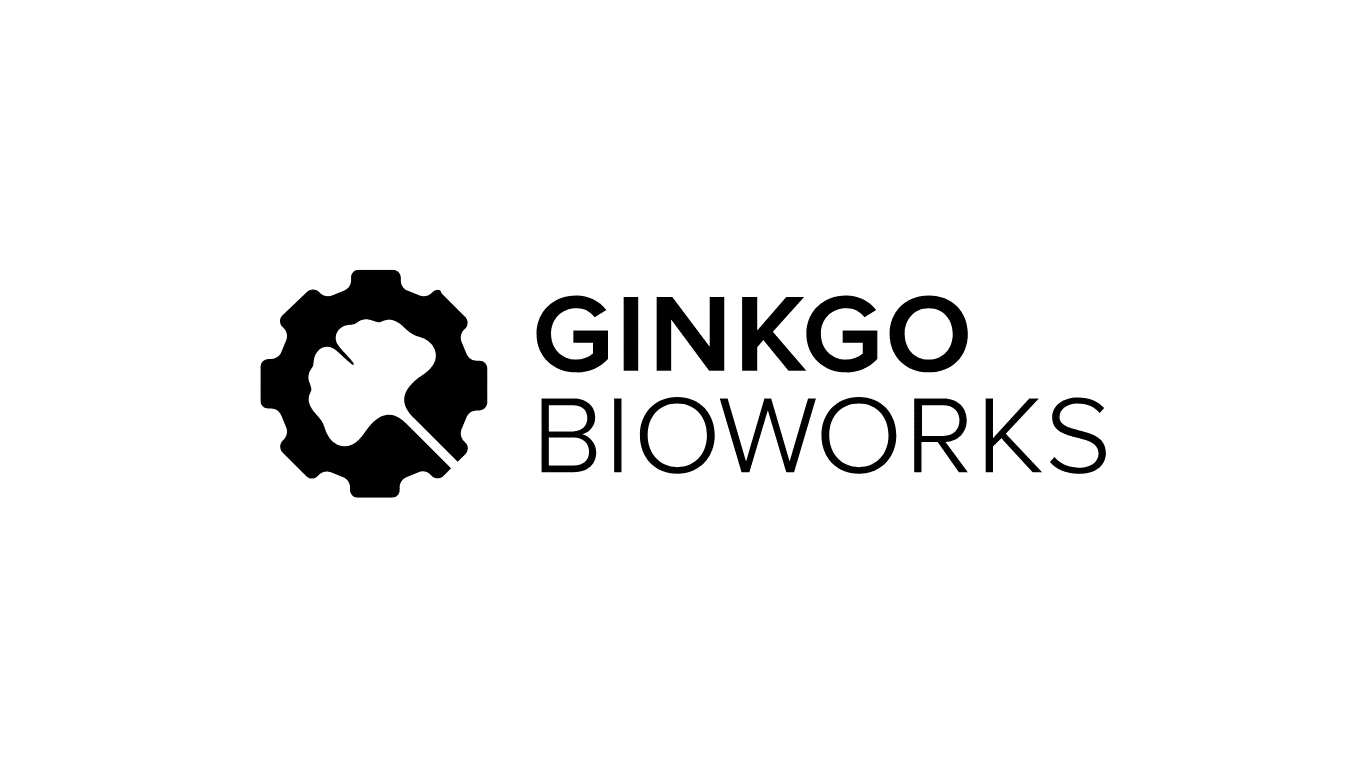Key Takeaways
- Phytolon and Ginkgo Bioworks have completed the second milestone in their collaboration to develop natural food colors via yeast fermentation.
- The development enables nearly 3x greater production efficiency and unlocks new color formulations for various food categories.
- Regulatory shifts in the U.S. are accelerating the food industry’s move away from synthetic dyes.
- Ginkgo receives additional equity in Phytolon as part of the milestone agreement.
- FDA approval is pending for “Beetroot Red” and “Prickly Pear Yellow” in U.S. markets.
Phytolon and Ginkgo Achieve Second Milestone in Natural Food Dye Collaboration
Phytolon, a biotechnology startup developing natural food colors through fermentation, and Ginkgo Bioworks (Profile), a cell programming and biosecurity platform, announced the successful completion of the second development milestone in their ongoing partnership.
The milestone reflects continued progress in developing yeast-based production strains that can manufacture high-purity, cost-efficient natural colorants designed to replace synthetic dyes in processed foods.
Addressing Regulatory Pressure to Phase Out Artificial Dyes
The collaboration, initiated in 2022, supports industry-wide demand for natural dye alternatives in response to increasing regulatory scrutiny. The U.S. FDA has already banned FD&C Red No. 3, and Health and Human Services Secretary Robert F. Kennedy, Jr. has prioritized the removal of synthetic colors by the end of 2026. Several U.S. states have passed or proposed bans on artificial dyes, particularly in school meals.
Phytolon and Ginkgo’s work offers a solution to this growing compliance challenge by developing colorants that meet both consumer health expectations and regulatory standards.
Improved Efficiency, Broader Color Range, and Lower Environmental Impact
Building on the first milestone (achieved in early 2024), Ginkgo applied its AI-driven strain engineering and high-throughput screening capabilities to improve production efficiency nearly threefold, resulting in:
- Lower production costs
- Reduced carbon footprint
- Expanded application potential across food sectors, including baked goods, dairy, and confections
Phytolon’s “Beetroot Red” and “Prickly Pear Yellow” formulations now cover a robust yellow-to-purple spectrum and are designed for integration into food categories such as snacks, toppings, yogurts, frozen novelties, and icings.
Wissam Mansour, Chief Product Officer at Phytolon, stated: “The vibrant colors Phytolon is now poised to deliver to customers will allow the food industry to explore the full potential of natural and healthy beet and prickly pear pigments that have never before been readily available with such purity and quality.”
Equity Milestone for Ginkgo and Future Collaboration
Completion of the milestone triggers an equity issuance to Ginkgo Bioworks, reinforcing its role in the value chain and providing further incentive to advance the partnership. The companies anticipate follow-up projects focused on scaling sustainable, fermentation-based colorants that offer cost and performance advantages over traditional plant-extract-based natural dyes.
Jennifer Wipf, General Manager of Discovery & Manufacturing Solutions at Ginkgo, commented: “We tapped many of Ginkgo’s cell programming capabilities to deliver ‘Beetroot Red’ & ‘Prickly Pear Yellow’ production strains. We look forward to continuing to work with Phytolon as they innovate in this market.”
Market Readiness and Outlook
Phytolon’s products will be introduced to the U.S. market upon FDA approval, with broader international applications expected in the future. The fermentation process is scalable, less resource-intensive, and offers a path to consistent, high-quality colorants that meet both commercial and environmental objectives.



9 Comments